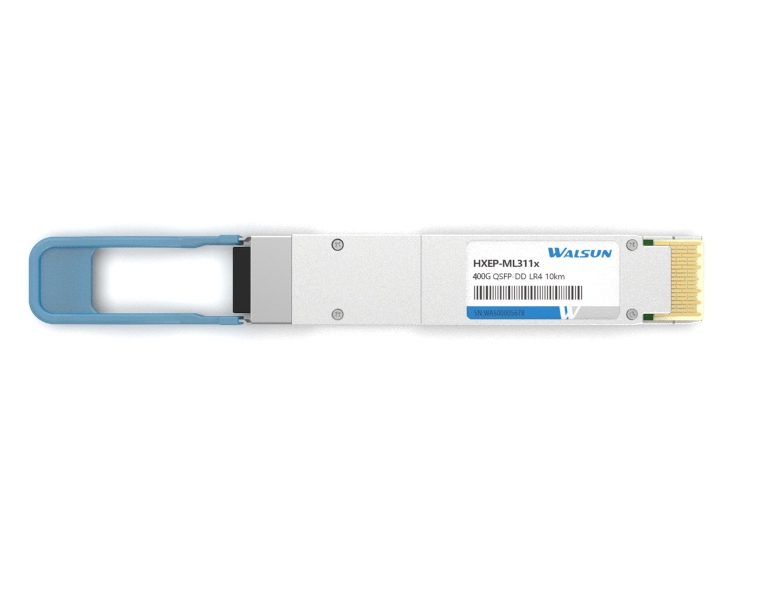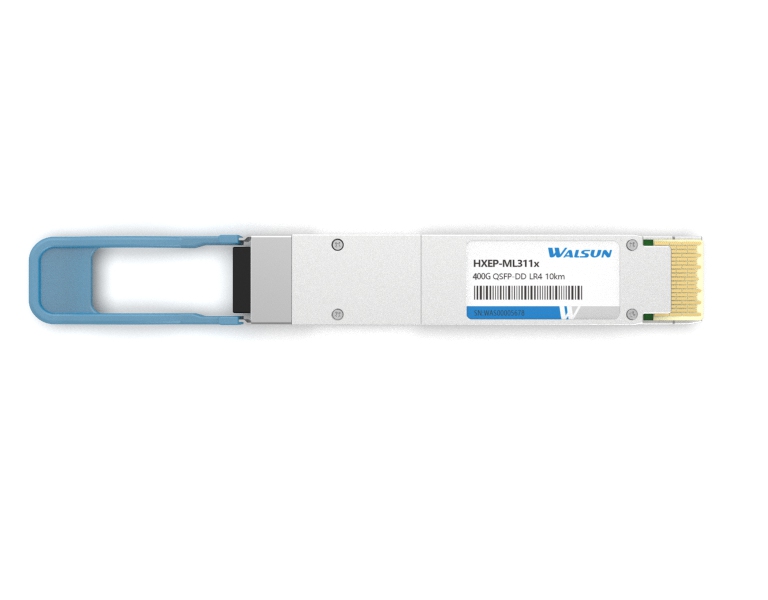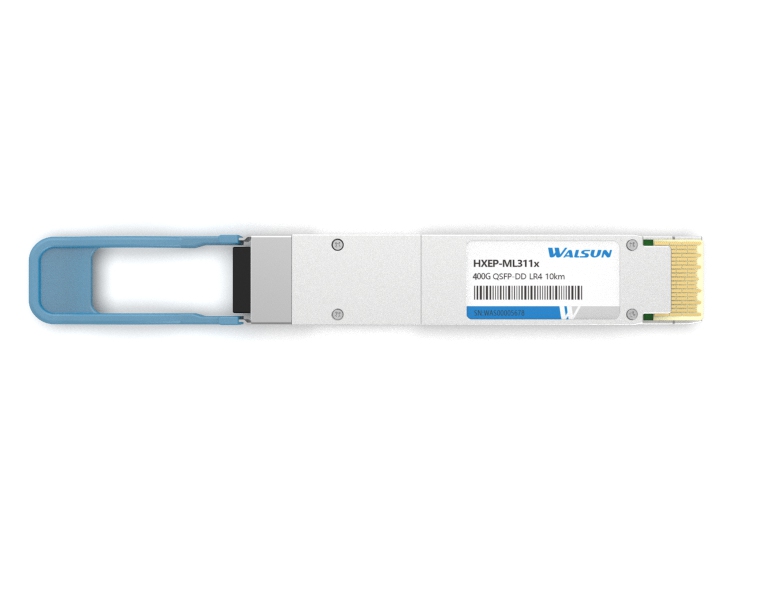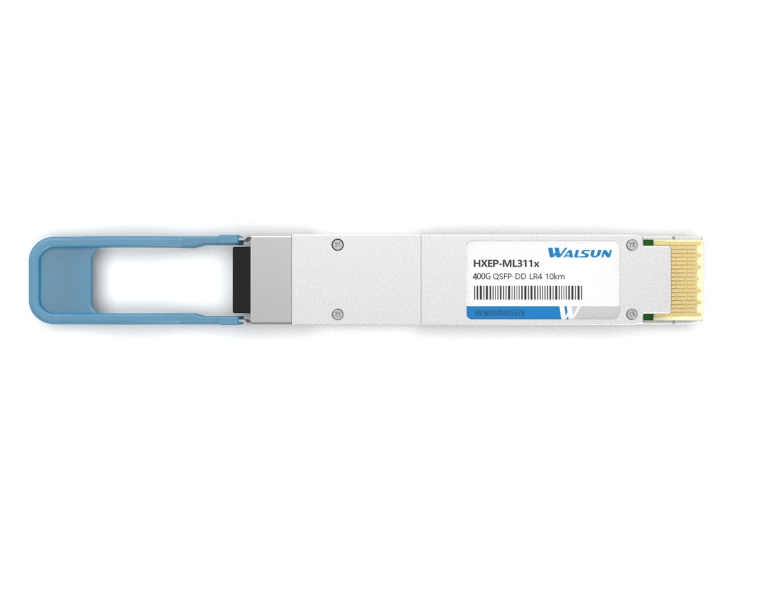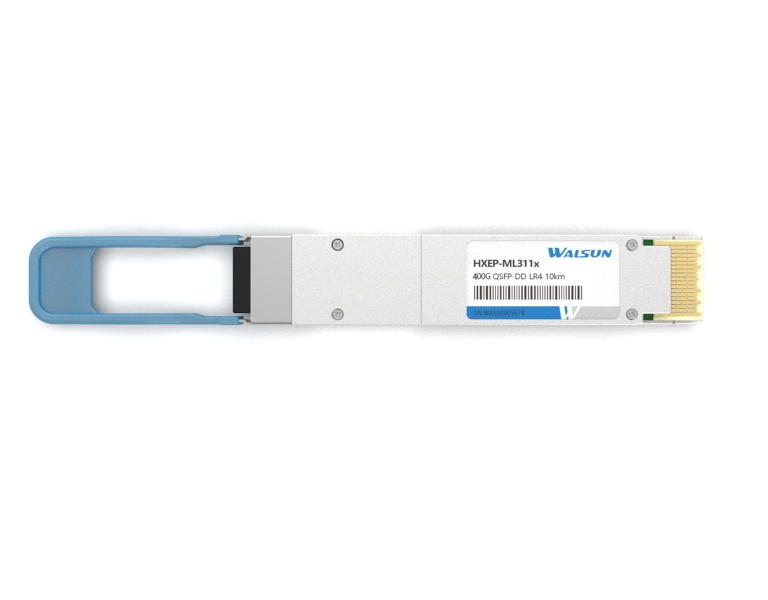PRODUCTS

- A Quad Small Form-factor Pluggable (QSFP) transceiver is a compact, hot-pluggable transceiver used for high-speed data communications. It is commonly used in data centers and high-performance computing environments to transmit and receive data at high speeds over optical fibers. QSFP transceivers are capable of transmitting data at speeds of 40 Gbps and higher, and they are available in various co1597

- What Is The Difference Between a Singlemode SFP and Multi-mode SFP?The single mode SFP and multimode SFP mean the SFP transceivers will work on different types of optical fibres; as in a Single mode SFP will work with Single mode fibre only, and a Multi-mode SFP will work with Multi-mode fibre only.So, what’s the different between them? And what should we notice when using them?Singlemode SFPSingl1798

- QSFP56 and QSFP28 are both types of transceivers, which are used to transmit and receive data over fiber optic or copper cables in high-speed networking applications. The main difference between the two is the data transfer rate and the number of lanes used for transmission.QSFP28 (Quad Small Form-factor Pluggable 28) supports data rates of up to 28 gigabits per second (Gbps) per lane, with four l

- The main difference between QSFP and QSFP+ lies in their data transfer capabilities and speeds.QSFP (Quad Small Form-factor Pluggable) is a transceiver module that supports data transfer rates of up to 40 Gbps. It has 4 channels and can be used in Ethernet, Fibre Channel, and InfiniBand applications.On the other hand, QSFP+ (Quad Small Form-factor Pluggable Plus) is an upgraded version of QSFP, su

- QSFP 40G SR BD stands for Quad Small Form-factor Pluggable 40G Short Reach Bidirectional. It is a transceiver module with a duplex LC connector that supports 40Gbps data transmission over multi-mode fiber with a reach of up to 100 meters. The bidirectional feature allows for the use of a single fiber for both transmitting and receiving data, reducing the number of fibers required for deployment.&n


 CHS
CHS Walsun Mall
Walsun Mall

